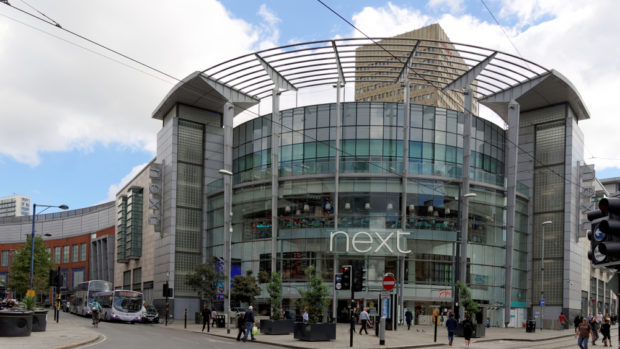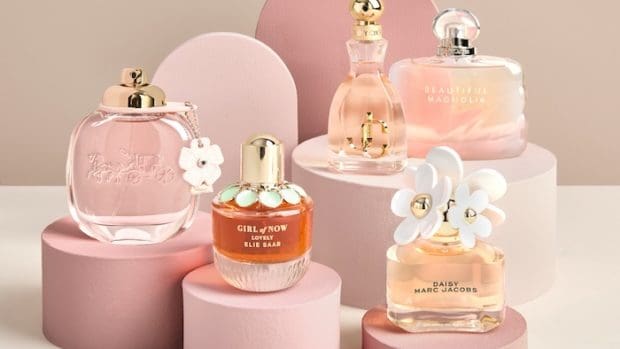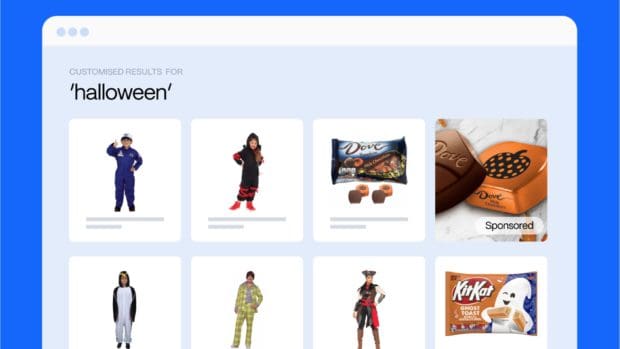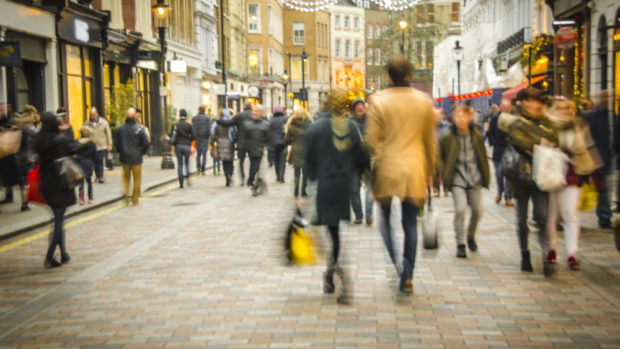Groupon is said to be the fastest-growing company of all-time.
Founded in Chicago in 2008, Groupon offers daily deals at local
restaurants, spas, beauty salons, holidays, online stores, and
live entertainment, at typically 70 per cent off the normal price,
and in 30 cities in the UK. It usually takes a 50 per cent cut of
the revenues generated and is valued at approximately $10
billion. Retailers including Thompson & Morgan, Glasses Direct,
and ASOS have all used the site to promote a special offer to
Groupon’s database of 8 million UK subscribers.
Groupon can be used as a channel to liquidate end-of-line stock,
or generate business at a quiet time of month or quarter. Another
benefit of Groupon is that it is an “introducer
channel”, opening up a business to a huge audience, says
Jill Culbertson, director of Navajo Talk, a social-media
marketing agency. As such, she explains, retailers need to have
“a longer term strategy to communicate and engage with
Groupon customers to grab their attention to foster return visits
and future engagement”.
Groupon can also generate brand awareness, but retailers must be
careful of negative associations with their brand. Richard Kent,
a social media and marketing consultant tested a Groupon offer
in its early days when he worked for fellow Chicago-based
retailer Vosges Haut-Chocolat. While the offer did generate a
“significant number of new customers”, the retention
rates were poor and the discount had a negative impact on the
luxury brand’s image.
Gardening Express is another online retailer that has used
Groupon-three times to date. “The trick with Groupon,
unless you are looking to just buy customers, is to be a producer
selling the product-which with some of our plants is quite
possible. That way a good offer can be put forward, and as a
volume game you can still make money,” says founder Chris
Bonnett.
Jill Culbertson says Groupon can work as part of a well-executed
marketing strategy, but “be aware in advance of your
margins, and do not use Groupon as a ‘loss leader’ as you will
end up with just that-a loss.” In her experience working
with brands that have used Groupon, they wouldn’t repeat the
experience; partly due to the cost and partly due to the
unrealistic fulfilment demands a Groupon offer places on a
business.
To make Groupon work, online retailers must also be prepared for
a “tsunami of queries and orders” says Bonnett.
“All of a sudden your offer could sell thousands of units,
and if you’ve got the sums wrong, and don’t have the stock, it
could be a very costly exercise.”
Need a Cake, a small retailer selling cakes through a shop in
Reading and online, learned this the hard way. In March it ran a
Groupon offer selling 12 cupcakes for £6.50 instead of
£26. It sold 5,600 Groupons and was completely overwhelmed
by the volume of enquiries it received. The queries, ranging from
delivery times to design and flavour requirements, turned focus
away from fulfilling orders to answering questions, which led to
a backlog of orders and more complaints. Steve Consalvez, a
business consultant working with the retailer, says the Groupon
offer nearly crippled the company. An offer that should have
broken-even, or generated a loss of £2,000 or £3,000 at
the most, is now expected to have cost the business in excess of
£15,000. Consalvez believes the offer was completely wrong
for the brand from the start. The only saving grace is that the
company now has a much larger database of names to work with and
hopes to be able to nurture those one-time buyers into repeat
customers.








Share